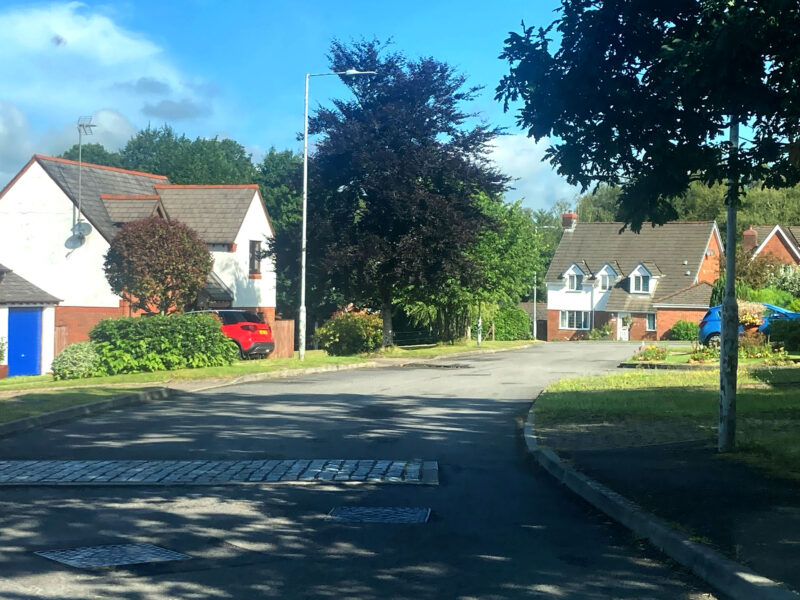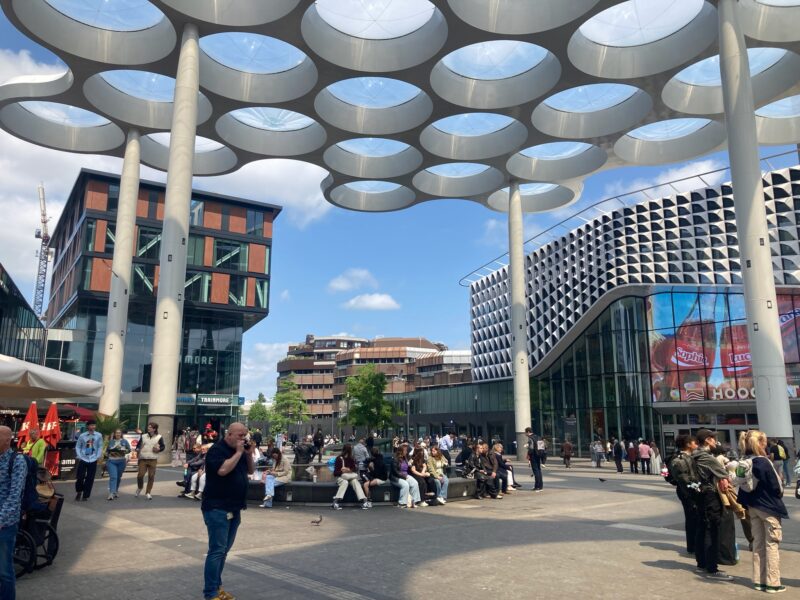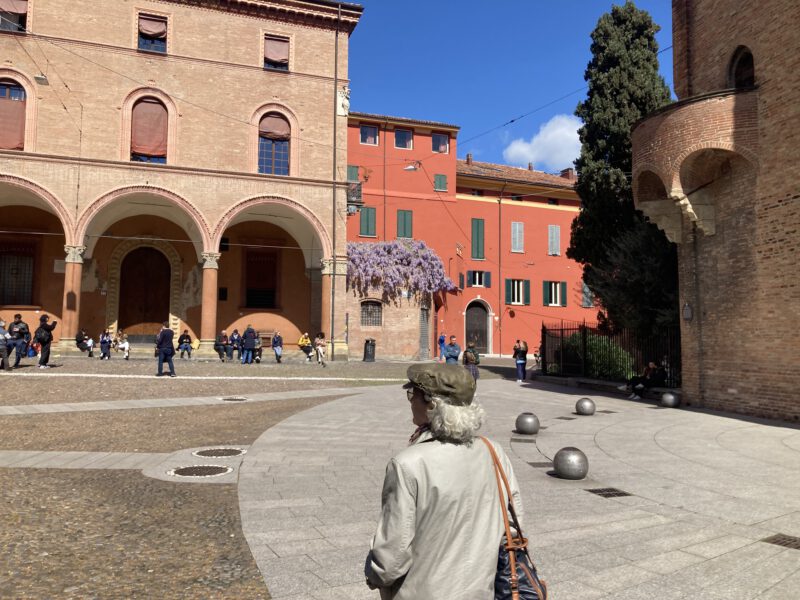For over 40 years we’ve championed a smarter model of urban development grounded in social equity, resource efficiency, and a natural balance. Drawing on Nicholas Falk’s and URBED associates’ work, we focus on practical strategies that make better use of a city’s existing assets —strengthening transport, supporting sustainable growth, and empowering communities.
We believe thriving cities are built through decisive leadership and genuine collaboration across public, private, and civic sectors.
Our aim is simple: protect natural assets, enable innovation, and put in place the policies that create vibrant, inclusive places where everyone can prosper.

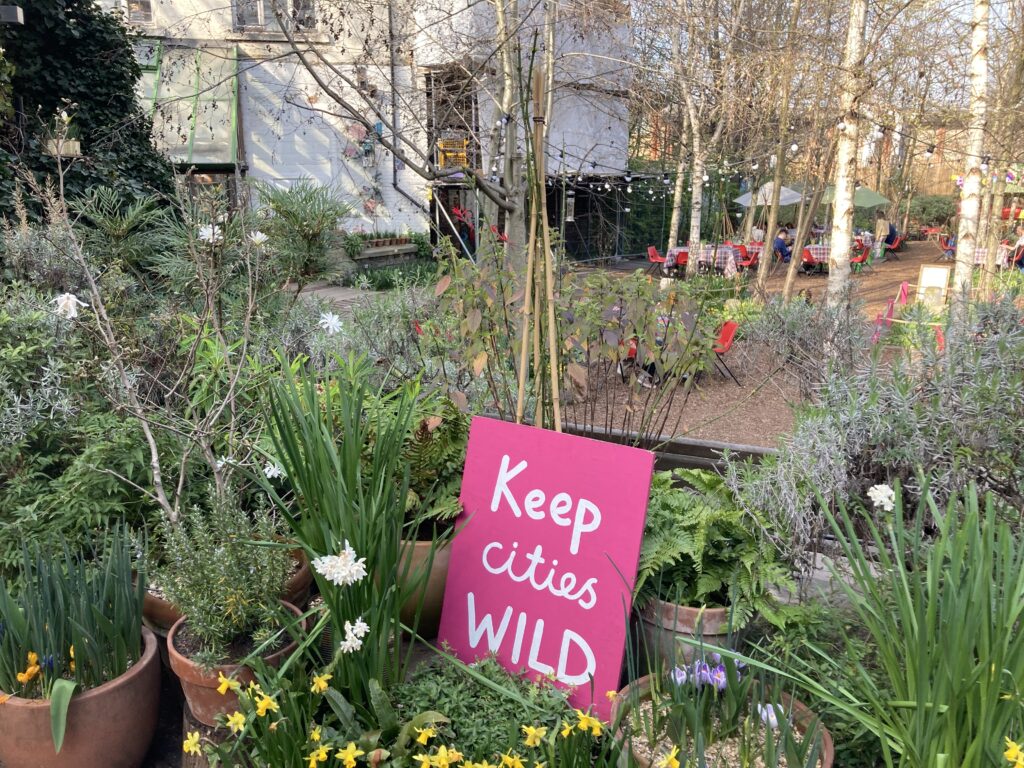
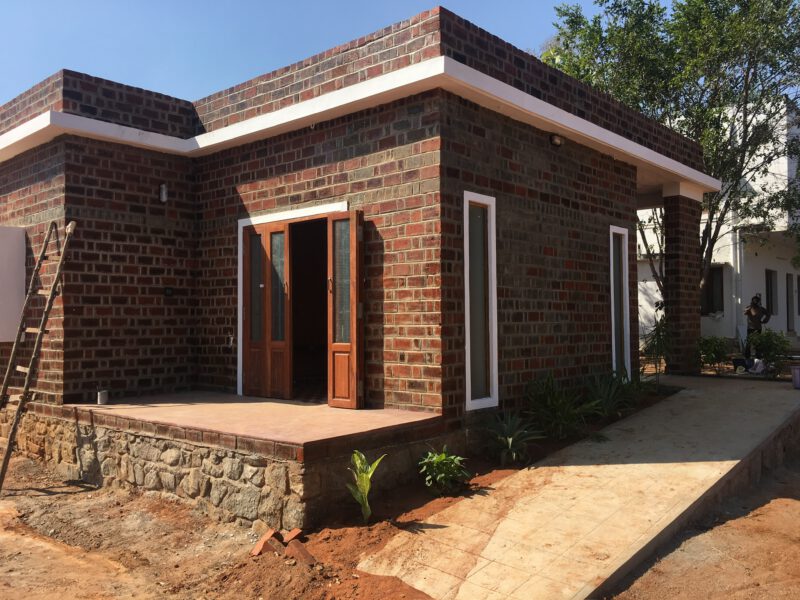
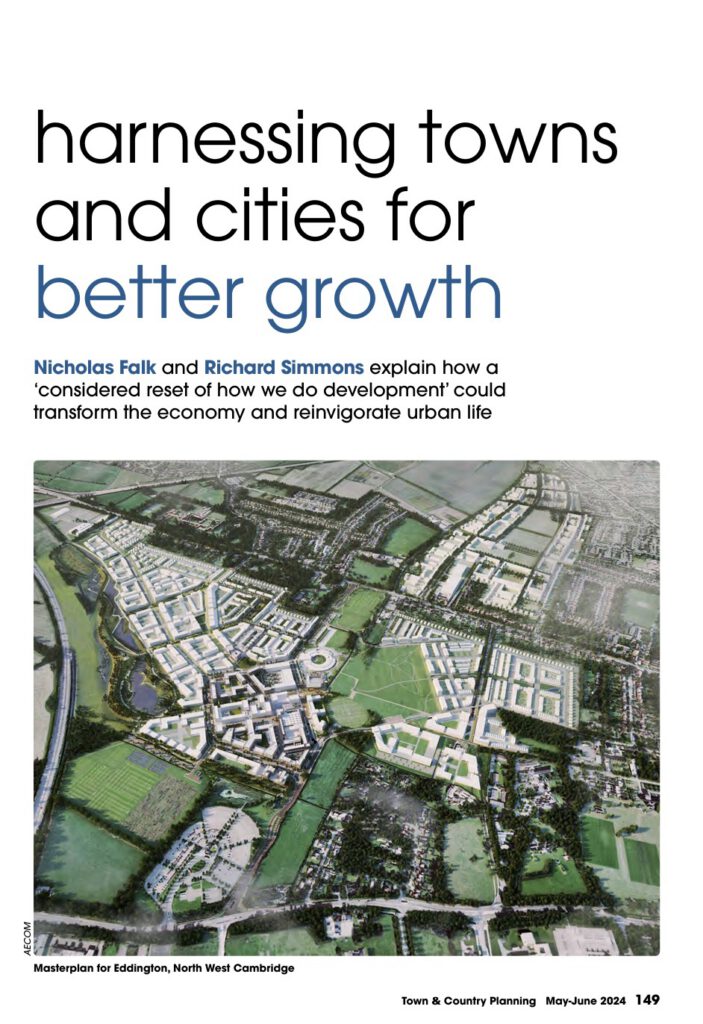
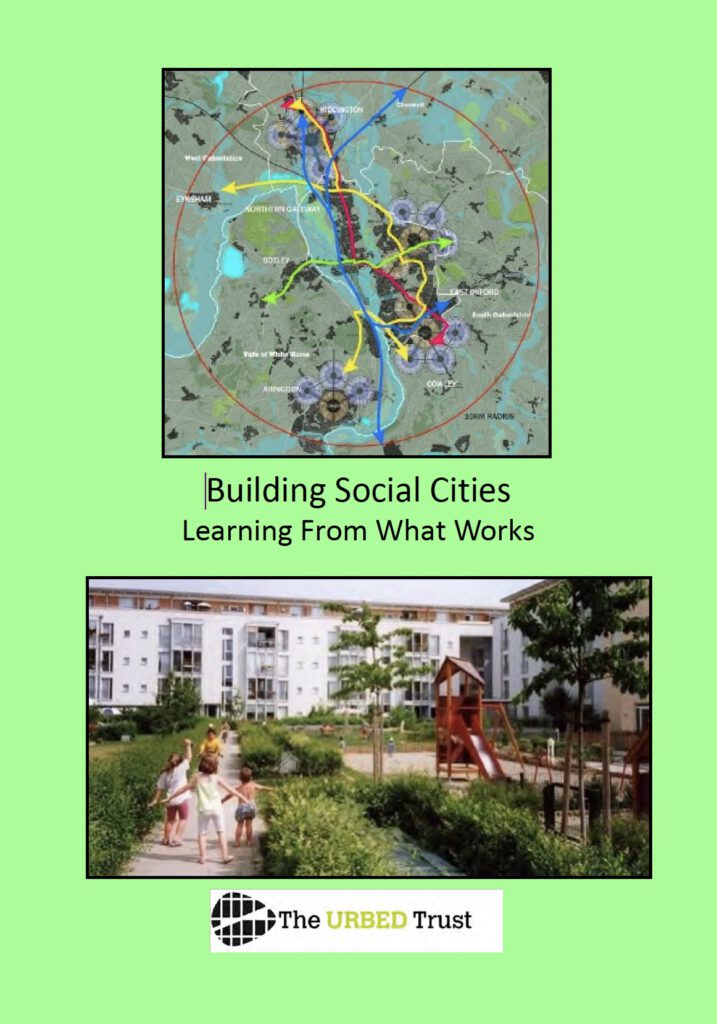
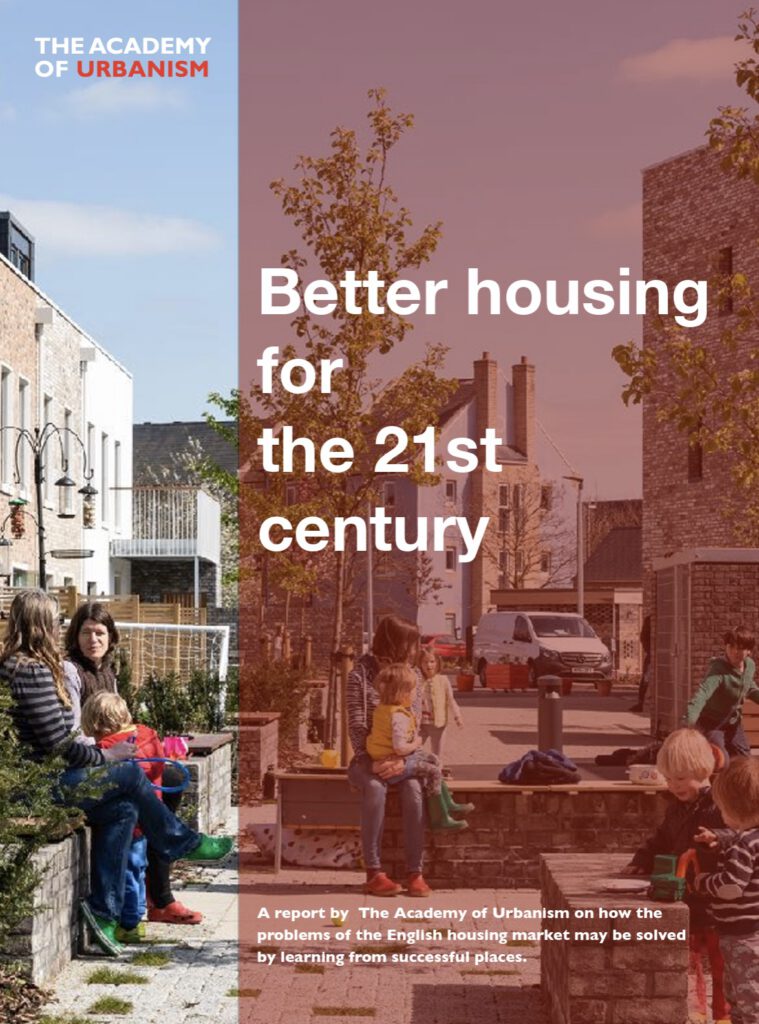
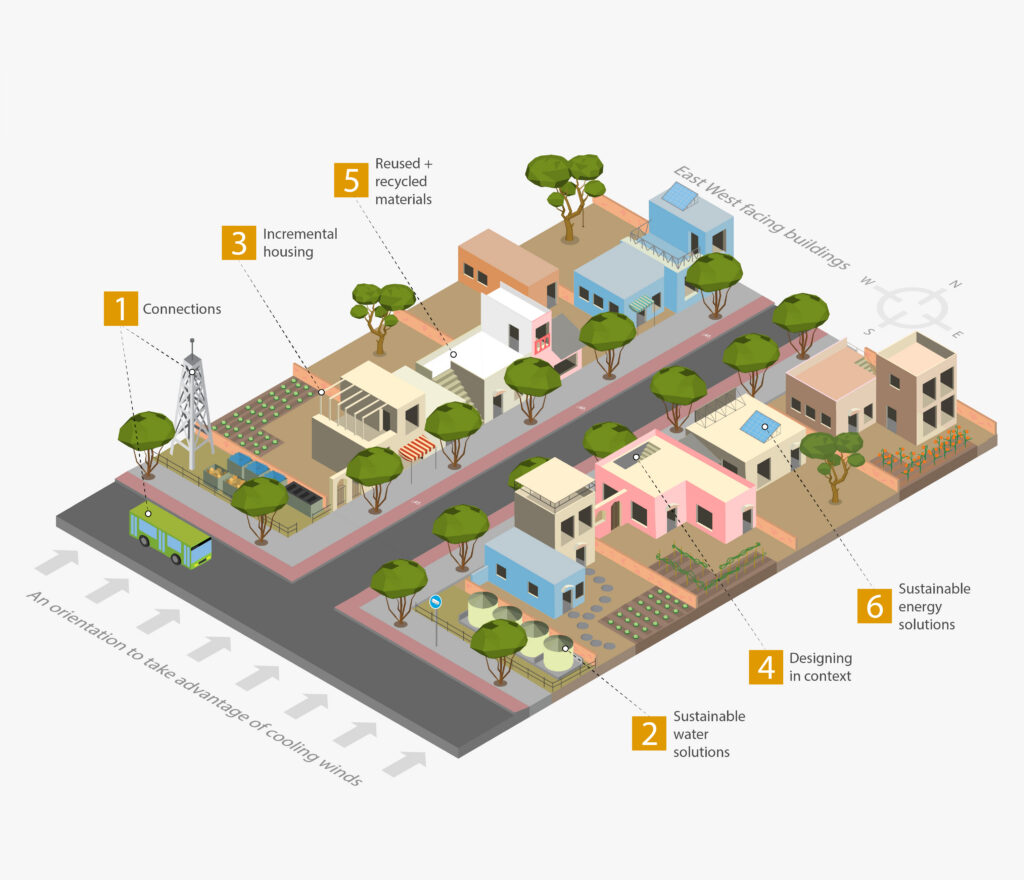
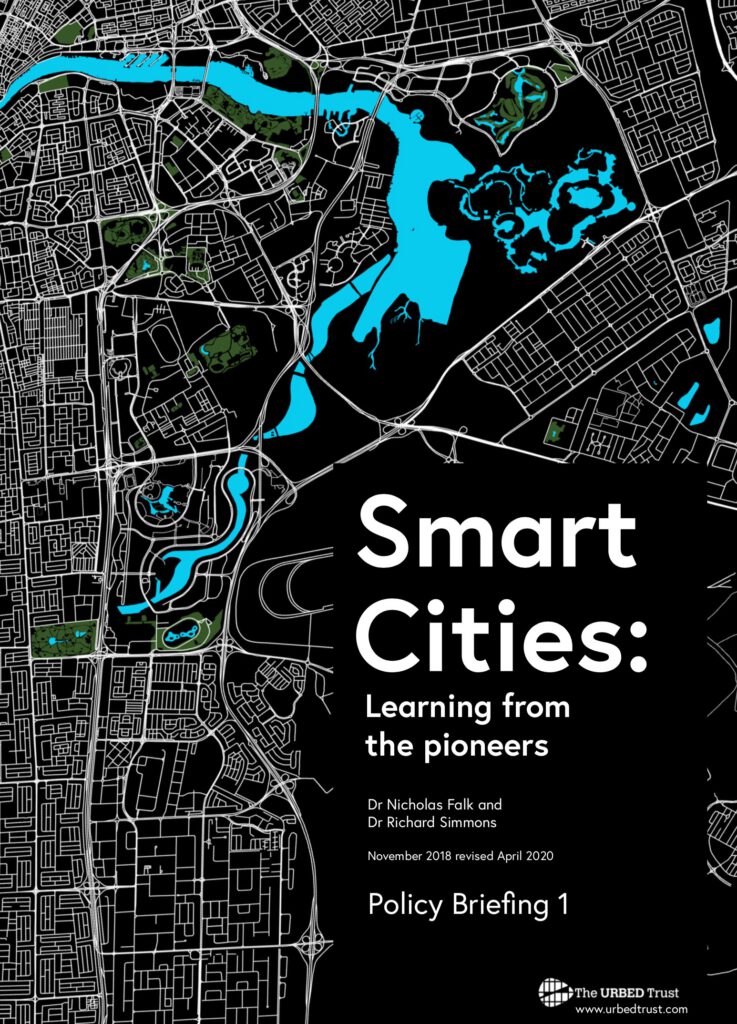
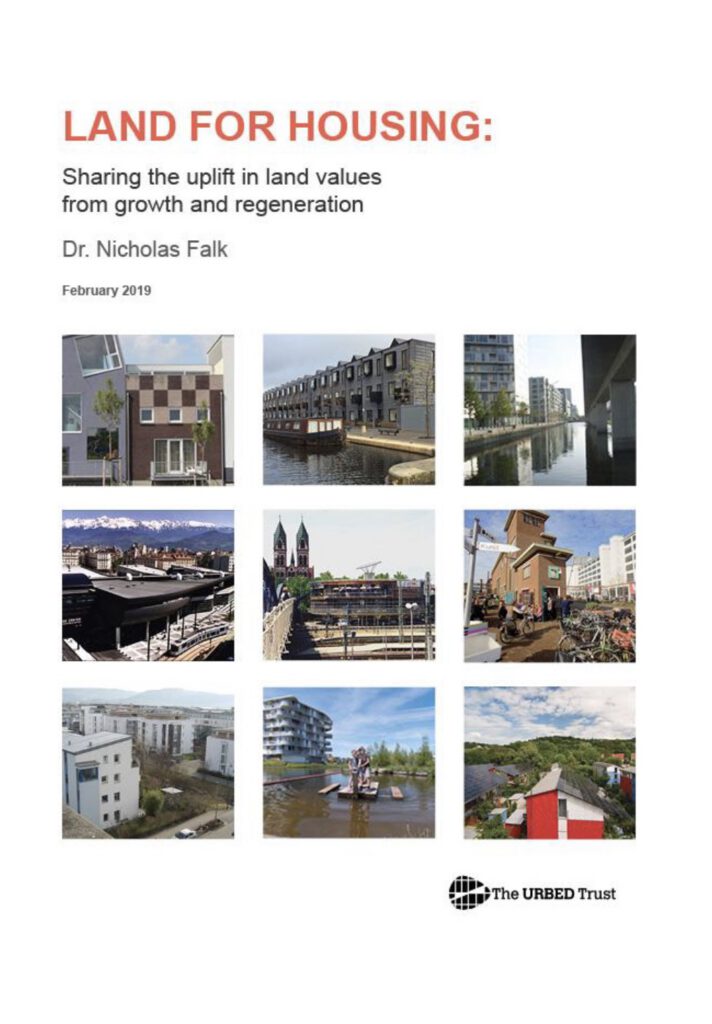
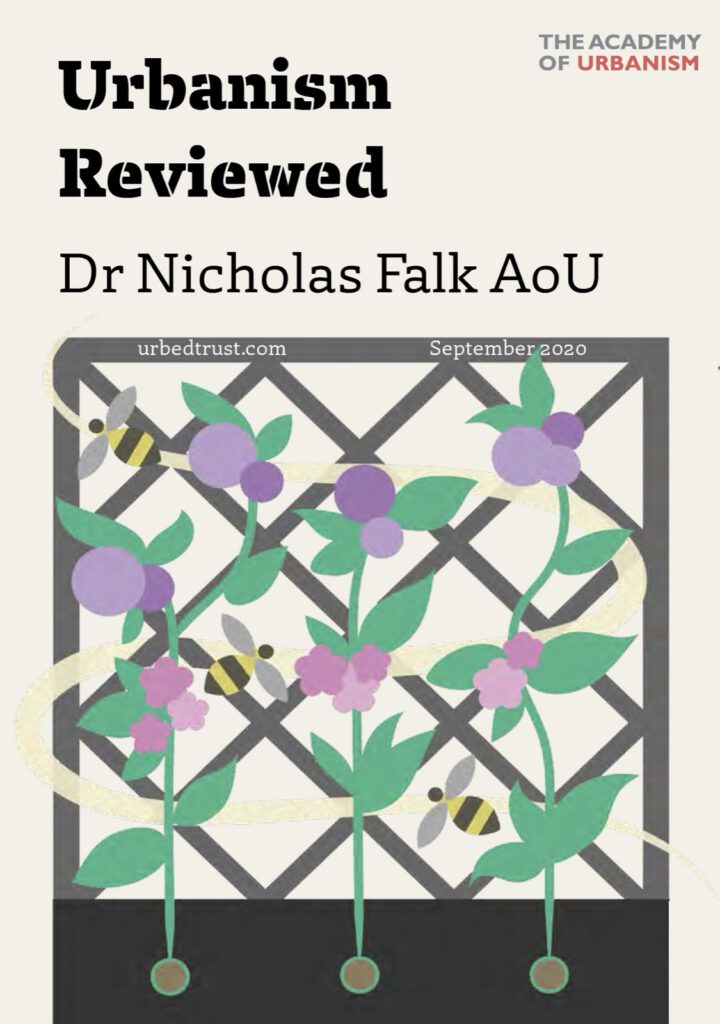
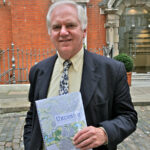 “I have seen the future and it works”, Lincoln Steffens, 1919.
“I have seen the future and it works”, Lincoln Steffens, 1919. 